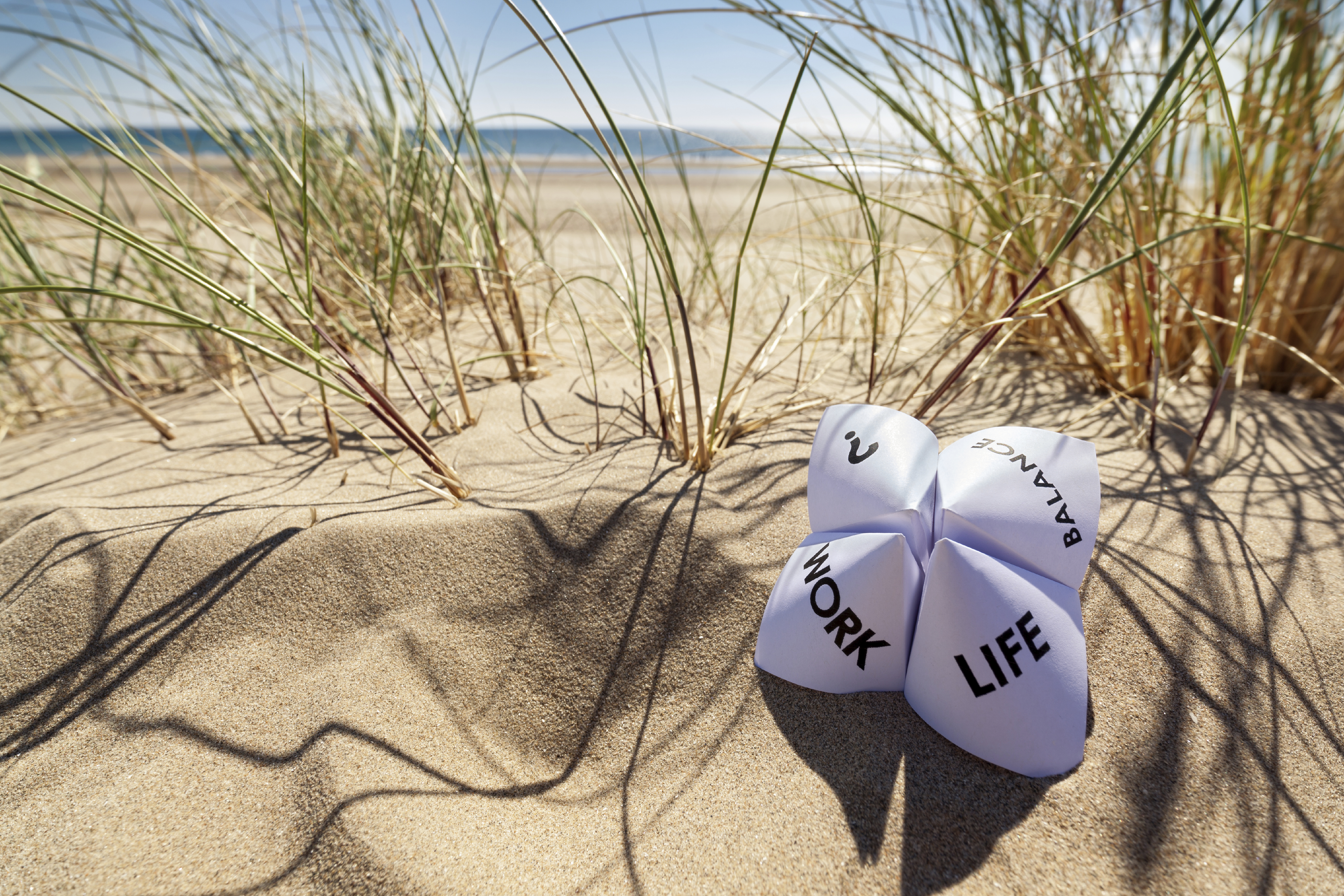As Americans work longer hours and discover more ways to stay connected, it’s no surprise that maintaining a good work-life balance is becoming more challenging. With so many demands on their time, many professionals fail to devote meaningful attention to both their work responsibilities and their personal lives.
While it’s not possible to make the days longer, you can get more from your time by making the most of each hour—whether you’re on a bike ride with your kids or you’re preparing a presentation. The key is to safeguard your time from the onslaught of distractions you constantly face as a professional in today’s connected world.
Follow these expert strategies for taking control of your schedule so that you have more time for what matters.
Fill Your Calendar
“My calendar is my biggest asset,” said Jessica Wang, senior vice president of placement at 2U in an article published by MBA@Syracuse.
While plenty of professionals use calendars to keep track of meetings and appointments, Lee also includes personal activities like exercise sessions and planning time.
Mark A. Weinberger, global chairman and CEO at EY, takes a similar approach. “I schedule important life events, and even sports and other important events for my family. I guard them like I do important work meetings.”
By blocking off personal as well as professional appointments, you’re signaling that both sides of your life have priorities that you’re unwilling to reschedule or miss.
This strategy is especially effective with shared calendars, which make it easy for coworkers and family members to see when you’re unavailable, saving you the effort of saying “no.”
Shift Your Schedule
Unfortunately, blocking off time on your calendar won’t stop every interruption, especially if you’re constantly fielding “quick” in-person queries, phone calls, and instant messages.
If these types of distractions are extending your workday, try shifting your hours to include uninterrupted time in the office. For example, if the rest of your coworkers come in from 9 to 5:30, ask your manager if you can work from 7 to 3:30.
By using those early morning hours for the tasks that require the most concentration, you’re likely to experience a significant increase in productivity, allowing you to accomplish more in less time.
You may also receive the added benefit of avoiding traffic and using those early afternoon hours to pick up your kids, exercise, or attend a class.
Avoid the Pull of E-mail
Checking e-mail may feel like a productive activity, but it’s actually one of the biggest distractions from focused time at work and at home.
Instead of looking at your inbox every few minutes—or worse, enabling e-mail notification pop-ups—restrict e-mail checks to certain intervals. For example, you could check it every two hours at home and every thirty minutes at work. Find a schedule that meets your needs and stick to it. Then, focus the rest of your time on more meaningful, productive tasks.





Leave a Reply
You must be logged in to post a comment.